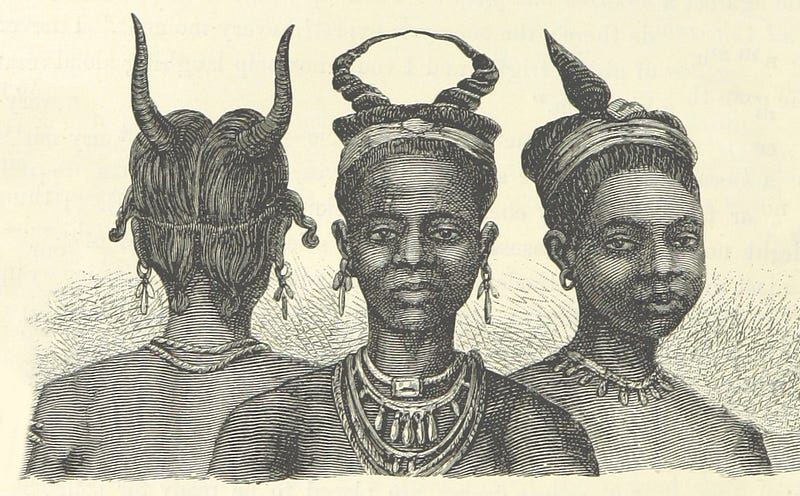Dadima
The lady who lived down the street

The lady who lived down the street

With a twinkle in her eye, she asked, “How’s the cake?”
“Delicious,” I muttered, my mouth full of savoury chocolate.
“I rarely have guests over. It’s a pleasure to meet sweet little boys like you,” she said with a toothless grin.
I smiled at the compliment.
She sat facing me; the table separating us, her skin covered in wrinkles. ‘She must be the oldest person I met,’ I thought, picturing the look of envy on my sister’s face when I narrated my adventure.
The old lady cut another slice of cake and put it inside a box. “Take this home. If your mother likes it, you can bring her to visit.”
“Thank you. I must leave now, or she’ll be worried.”
“Come and visit your Dadima soon.”
This was the first time we’d met, and she insisted I call her Dadima — the Hindi word for grandmother. “I will. But I won’t bring my sister, or she’ll know my favourite hiding place.”
At my remark, she roared with laughter, the loose flaps of skin on her neck vibrating in tune with her guffaws.
“Goodbye,” I waved, then grasped the box and ran to the undergrowth where I knew my sister must be looking for me.
She wasn’t there.
I looked around. Neha was still standing on the porch, her hands to her eyes, counting.
This didn’t make sense. I must’ve been gone for at least an hour. I walked up to her. She was finishing the count — “Eighteen — nineteen — twentyyyyy.”
Neha turned, her pigtails flying in the air, face flushed with excitement which changed to exasperation when she spotted me. “Why haven’t you gone hiding, Siddy?”
“I’m done hiding. You lost.”
She shook me by the collar. “How dare you lie?”
I grabbed her wrist and moved it away. “I hid in the last house in the street and met Dadima. She sent cake. Look.”
I showed her the box.
Neha’s eyes grew wide. She turned and ran inside.
I followed, annoyed.
She was in the kitchen — standing beside mother and sobbing.
Mother looked at me, her expression unreadable. “Sid, Neha tells me you went to the last house in the street?”
“Yes.”
She pursed her lips, pointing at the box in my hand. “What’s that?”
“The cake Dadima packed for you.”
I showed her the chocolate.
Mother’s hand flew to her chest. She staggered back.
“What happened?”
She crouched next to me. “Where did you get the box from?”
“I told you I got it from that old lady down the street.”
“Sid,” my mother said, her face deathly white. “That house is abandoned. It’s been empty for six years since your grandmother died the day you were born.”
“That can’t be possible. She gave me cake,” I said and looked for the first time inside the box I was holding.
It felt as if the world had gone silent.
There was no cake.
Only an old, yellowed paper with three words written in cursive letters:
I am back.
